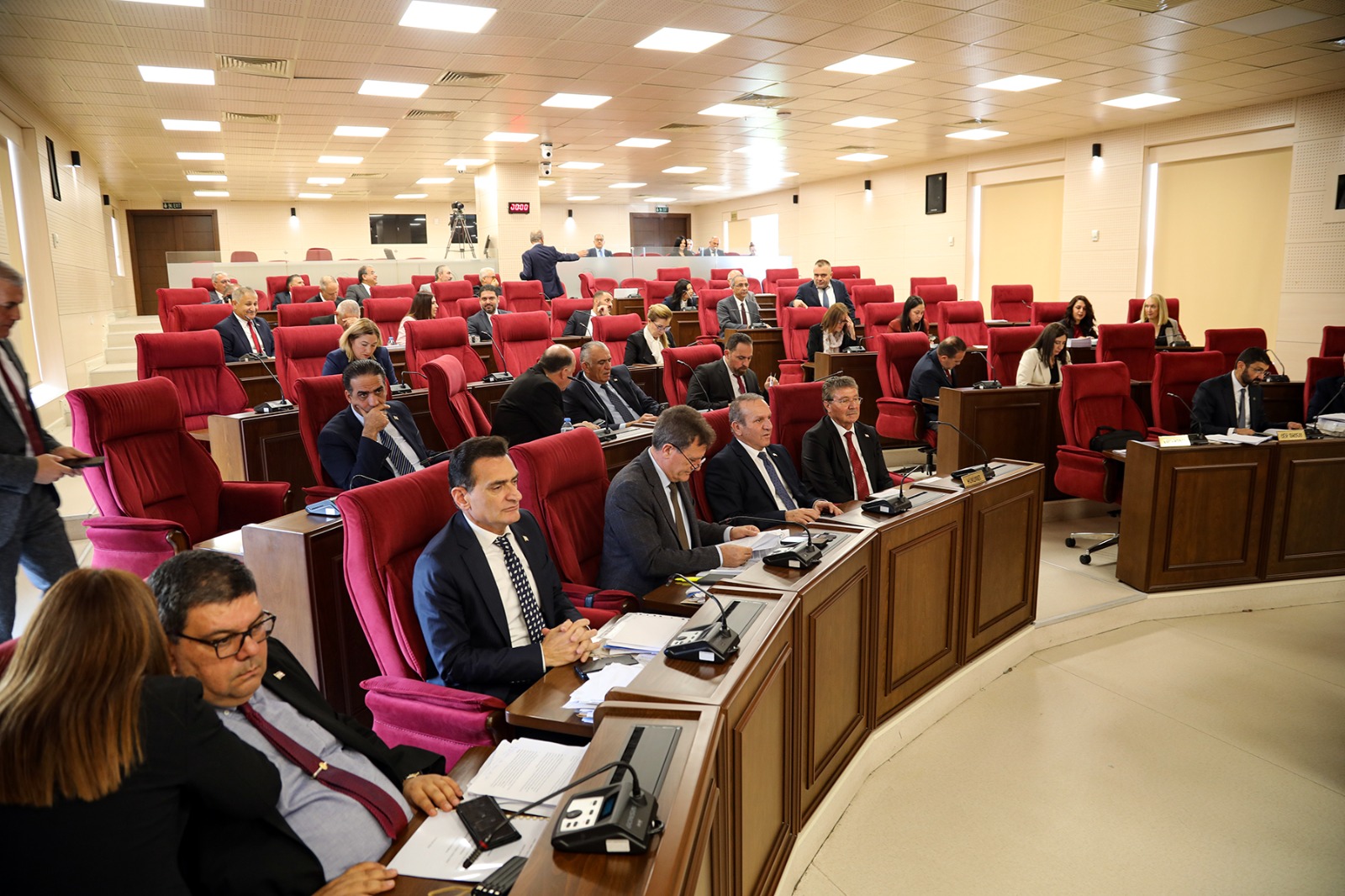
The Republic’s Assembly has commenced deliberations on the 2025 Central Government Budget Bill, which is set at ₺136.941bn.
Discussions are expected to conclude by December 20.
The General Assembly convened to discuss the proposed budget, with Resmiye Eroğlu Canaltay, Chair of the Economy, Finance, Budget, and Planning Committee, delivering a brief address. Highlighting regional challenges, Canaltay described the difficulty of budget preparation in the current climate and predicted that 2025 would bring continued economic challenges. She emphasized the need for increased revenue, savings, and financial discipline.
Following her remarks, Canaltay presented the committee’s report. Finance Minister Özdemir Berova then outlined the key priorities of the 2025 budget in his introductory speech.
Berova stated that the budget aims to enhance efficiency, productivity, and value creation while maintaining financial discipline, accountability, and economic stability. He highlighted the importance of effective revenue management and noted that the budget was prepared under the framework of public finance and control laws.
Reflecting on the government’s 2024 performance, Berova pointed out that no supplementary budget was needed, with revenue projections closely aligning with actual figures. For 2025, he said the government had crafted a realistic budget addressing national needs, emphasizing Türkiye’s support and public solidarity as critical factors in overcoming challenges.
Berova underscored the commitment to curbing inflation, expanding the tax base, and boosting public revenue through combating the informal economy. “Ensuring budget discipline will pave the way for long-term economic stability,” he remarked.
Subsequent discussions included critiques from the leader of the main opposition Republican Turkish Party (CTP) Tufan Erhürman, who expressed concerns about a recent protocol with Türkiye in the industrial sector.
He argued that local industrialists would struggle to compete with their Turkish counterparts.
Economy and Energy Minister Olgun Amcaoğlu responded, assuring that incoming investments would target essential sectors and that unnecessary projects would not be approved.
Erhürman also criticized a proposed law on regulating property sales to foreigners, claiming it has destabilized the market.
He pointed to an 11% drop in crossings from South Cyprus to North Cyprus, referencing “Black Friday” as evidence of the economic decline. “All pillars of the economy are simultaneously collapsing,” he stated, citing widespread revenue losses.
Finance Minister Berova later addressed these critiques, defending the government’s economic strategy.
The debate is expected to continue with further contributions from members of parliament.